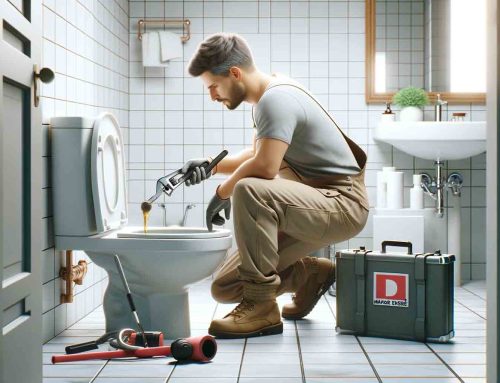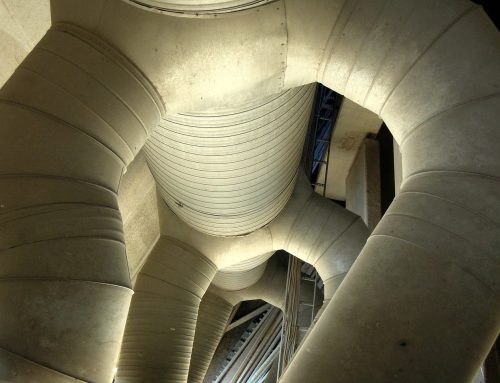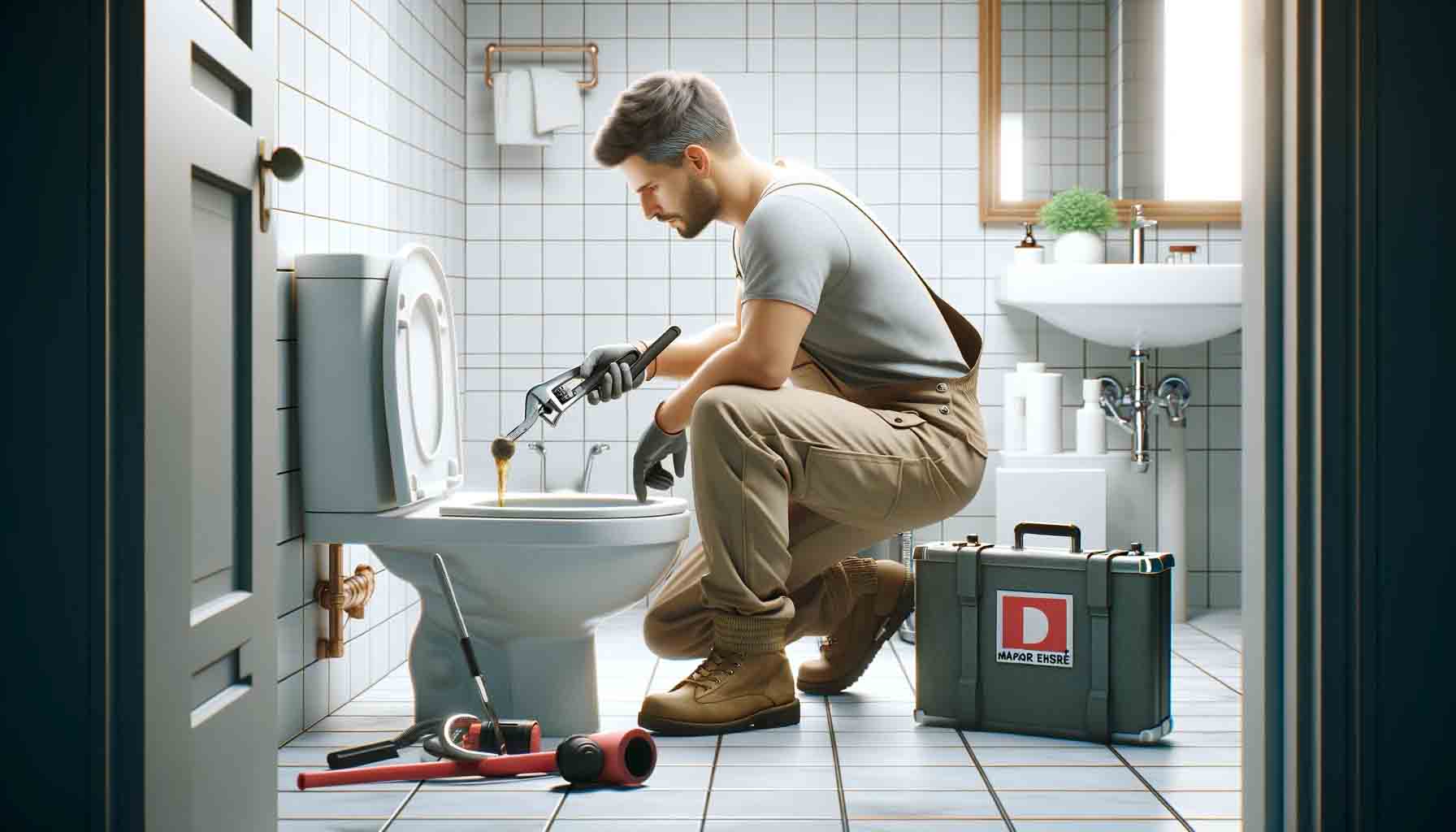A blockage can happen at any time and you need to act quickly and effectively to prevent further damage. In this blog post, we will show you step-by-step what to do in an emergency to solve the problem quickly and effectively.
Step 1: Identify the location of the blockage
The first and most important step is to determine where the blockage is:
- Sink: If the kitchen sink does not drain, check the siphon.
- toilet: If the toilet is clogged, see if the water level in the bowl rises.
- Bathtub/Shower: If your bathtub or shower drain is slow, hair and soap scum are likely causing the blockage.
Step 2: Prepare basic tools
Before we start unclogging, prepare the following basic tools:
- Rubber pump (toilet pump)
- Rubber gloves
- Bucket
- Ferret
- Vinegar and baking soda
- Hot water
Step 3: Unclog the clog with home remedies
Let's first try to remove the blockage using home methods:
For sink:
- Siphon cleaning: Place a bucket under the siphon, then unscrew and clean it.
- Baking soda and vinegar: Pour half a cup of baking soda down the drain, followed by the same amount of vinegar. Let it fizz for 15-20 minutes, then pour hot water over it.
For toilets:
- Using a toilet pump: Place the toilet pump on the drain opening and give it a few powerful pumps.
- Hot water and Domestos: Pour a large amount of hot water and a little Domestos into the toilet. Let it sit for 10-15 minutes and then try using the pump again.
For bathtub/shower:
- Using a ferret: Insert the pipe cleaner into the drain and try to remove the materials causing the blockage.
- Baking soda and vinegar: Just like with the sink, pour baking soda and vinegar down the drain, then hot water.
Step 4: Call a professional!
If home methods do not work, or if you feel that the blockage If the problem is too severe, don't hesitate to call a professional. Professional drain cleaners have the specialized tools and experience to solve the problem quickly and effectively.
Step 5: Prevent future blockages
To avoid blockages, it is worth taking some preventive measures:
1. Regular cleaning:
- Pour hot water down the drains once a week to help dissolve greasy deposits.
- Use a mixture of baking soda and vinegar to clean drains once a month.
2. Careful use:
- Kitchen drain: Avoid pouring food scraps, coffee grounds and oil down the drain. Use a strainer to prevent them from entering the pipes.
- Bathroom drain: Do not flush large amounts of paper towels, cotton swabs, or hygiene products down the toilet. Use a filter in the shower and sink to prevent hair from going down the drain.
3. Professional maintenance:
- It is worth having your drains and sewer system inspected by a professional at least once a year to prevent the development of major problems.
- If you suspect a more serious problem with your pipes (such as root ingrowth or a burst pipe), call a professional immediately.
4. Environmentally friendly solutions:
- Avoid frequent use of chemical drain cleaners, as they can damage pipes and the environment. Opt for natural products like baking soda and vinegar.
5. Child safety:
- Make sure that drain cleaning tools and chemicals are out of reach of small children. Ensure that only adults handle these materials.
Frequently Asked Questions (FAQ)
Why is it important to use filters in drains?
Filters prevent larger debris, such as food debris and hair, from entering the drain, thereby reducing the risk of blockages.
What should I do if home remedies don't work?
If home methods do not work, or if the blockage is severe, it is worth calling a professional who has the professional tools and experience to solve the problem quickly and effectively.












